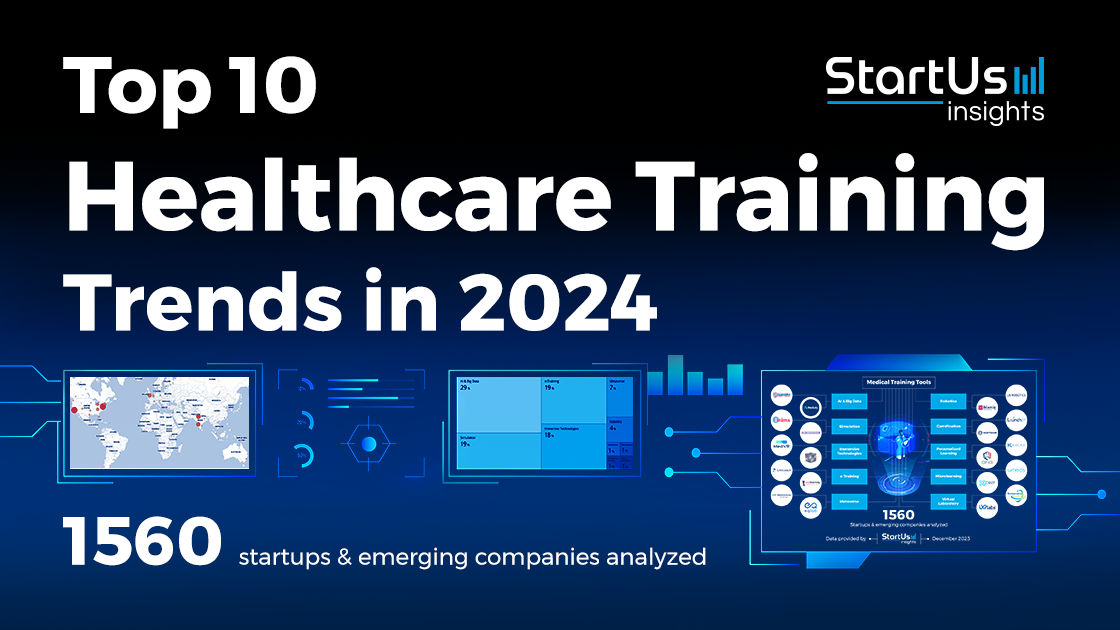Hospital care has been experiencing a radical transformation, driven by groundbreaking innovations that enhance efficiency, improve patient outcomes, and streamline processes. In 2024, several technological and medical advancements are reshaping the landscape, setting new standards for healthcare delivery.

1. Artificial Intelligence in Diagnostics
AI is leading the charge in diagnostics, helping physicians detect diseases more accurately and faster than ever before. AI algorithms can process vast amounts of data and assist with image analysis for early detection of conditions like cancer, heart disease, and neurological disorders.
- Key Benefits:
- Faster and more accurate diagnosis
- Reduced human error in image interpretation
- Early disease detection improving patient survival rates
- Examples of Use:
- AI-powered tools in radiology, pathology, and cardiology
2. Robotics in Surgery
Surgical robots are becoming commonplace in hospitals, enabling minimally invasive procedures with unmatched precision. The Da Vinci Surgical System, for example, is revolutionizing procedures in urology, gynecology, and general surgery.
- Key Benefits:
- Greater precision and control
- Shorter recovery times for patients
- Reduced risk of infection and complications
- Examples of Use:
- Robotic-assisted surgeries in heart and prostate procedures
3. Telemedicine and Remote Patient Monitoring
The rise of telemedicine and remote patient monitoring has brought healthcare to the comfort of patients’ homes. From video consultations to wearable devices that track vitals, telemedicine is enhancing patient accessibility to healthcare services.
- Key Benefits:
- Increased access to care, especially in rural areas
- Real-time patient monitoring from home
- Reduced hospital readmissions and emergency visits
- Examples of Use:
- Remote monitoring of chronic diseases like diabetes and heart conditions
4. 3D Printing for Custom Implants and Prosthetics
3D printing has revolutionized the creation of custom implants, prosthetics, and even surgical tools. Hospitals can now produce patient-specific implants, leading to better surgical outcomes and faster recovery.
- Key Benefits:
- Customization for individual patient needs
- Reduced surgical risks
- Lower costs compared to traditional implants
- Examples of Use:
- Custom-made knee and hip implants, cranial plates, and dental implants
5. Virtual Reality (VR) for Pain Management and Training
Virtual reality is no longer just for entertainment. It has proven to be effective in pain management, patient therapy, and medical training. VR is used to create immersive experiences that help distract patients from pain or simulate complex surgeries for training purposes.
- Key Benefits:
- Non-invasive pain relief for patients
- Enhanced medical education and training
- Reduced need for opioids in pain management
- Examples of Use:
- VR in physical therapy and surgical simulation
6. Wearable Health Tech
Wearable devices such as smartwatches and fitness trackers have evolved into powerful medical tools. These devices monitor heart rate, sleep patterns, blood oxygen levels, and even detect abnormal heart rhythms like atrial fibrillation.
- Key Benefits:
- Continuous health monitoring
- Early detection of health issues
- Data-driven personalized care plans
- Examples of Use:
- Apple Watch and Fitbit for heart rate monitoring, ECG, and sleep tracking
7. Precision Medicine and Genomic Testing
Precision medicine tailors treatment plans based on the patient’s unique genetic makeup. Genomic testing allows doctors to predict how a patient will respond to specific medications, paving the way for highly individualized treatment plans.
- Key Benefits:
- Personalized treatment options
- Reduced trial-and-error in medication
- Better outcomes for cancer and rare diseases
- Examples of Use:
- Targeted therapies in oncology and genetic testing for hereditary diseases
8. Blockchain for Secure Health Records
Blockchain technology is emerging as a solution for secure, decentralized medical records. By providing an immutable ledger, it allows patients to control their data and share it with healthcare providers without risk of unauthorized access.
- Key Benefits:
- Enhanced security and privacy of health data
- Greater patient control over medical records
- Simplified sharing of records across institutions
- Examples of Use:
- Blockchain-enabled health records systems in hospitals and clinics
9. Advanced Wearable Sensors for ICU Monitoring
Wearable sensors are making their way into intensive care units (ICUs), where they continuously monitor critically ill patients. These sensors track vitals and physiological data in real-time, alerting doctors to any changes in a patient’s condition.
- Key Benefits:
- Continuous, real-time patient monitoring
- Early detection of deteriorating conditions
- Enhanced ICU management
- Examples of Use:
- Wearable sensors for monitoring sepsis or respiratory distress
10. AI-Powered Chatbots and Virtual Assistants for Patient Engagement
AI-powered chatbots and virtual assistants are being employed in hospitals to enhance patient engagement and streamline administrative tasks. These tools help patients schedule appointments, check symptoms, and even provide follow-up care instructions.
- Key Benefits:
- Improved patient experience and satisfaction
- Reduced administrative burden on hospital staff
- 24/7 availability for basic healthcare assistance
- Examples of Use:
- AI chatbots for appointment scheduling and symptom checking
Impact of These Innovations on Hospital Care
The integration of these top 10 innovations is transforming the hospital care landscape. Patients are experiencing shorter hospital stays, better outcomes, and more personalized treatment plans. Additionally, hospitals are improving operational efficiency and reducing costs by adopting these technologies.
Challenges and Considerations
While these innovations offer great potential, there are challenges to consider:
- Costs of implementation: Many hospitals may struggle to afford the upfront costs associated with adopting new technologies.
- Training and adaptation: Hospital staff need to be adequately trained to use these new tools and technologies effectively.
- Patient privacy: As technology becomes more integrated into healthcare, protecting patient data remains a critical concern.
Conclusion
As hospitals continue to embrace innovation, patient care is being revolutionized in ways never seen before. The breakthroughs in artificial intelligence, robotics, telemedicine, and personalized medicine are setting new standards for what’s possible in hospital care. These technologies not only improve efficiency and patient outcomes but also open up new avenues for treating and diagnosing diseases. In the coming years, we can expect even more transformative innovations that will further reshape the future of healthcare.